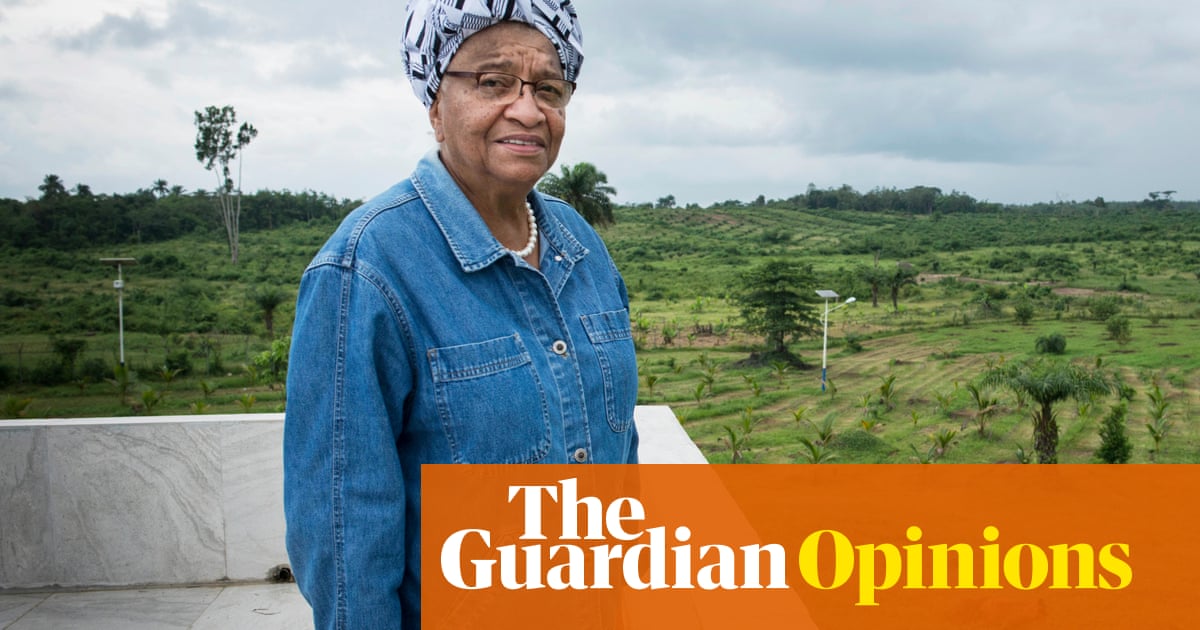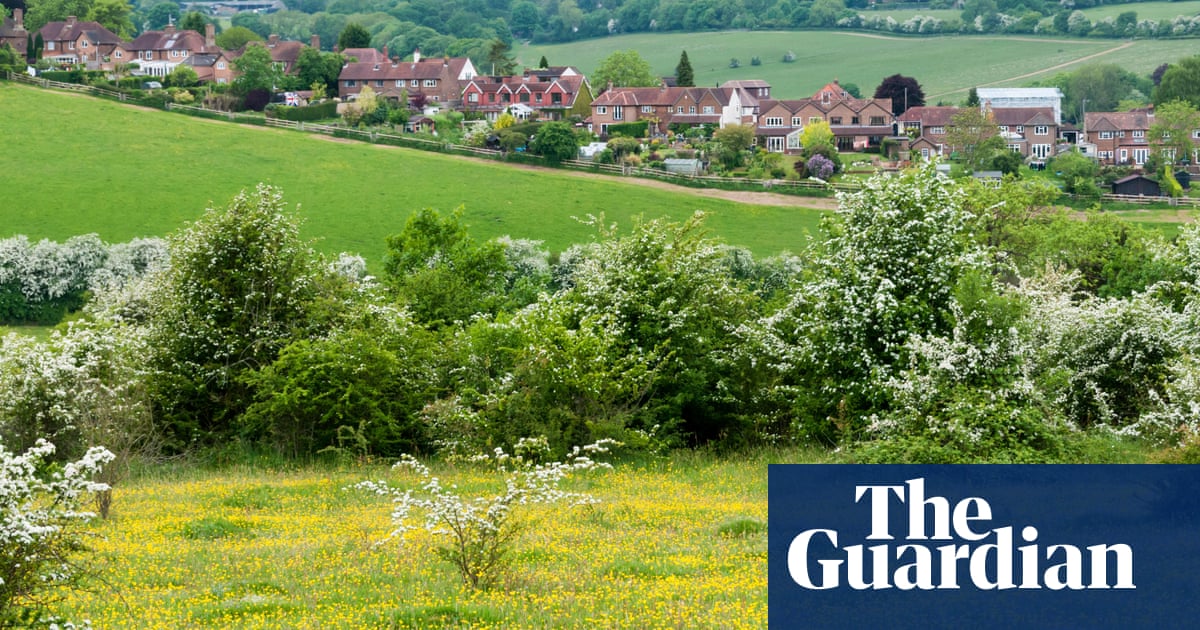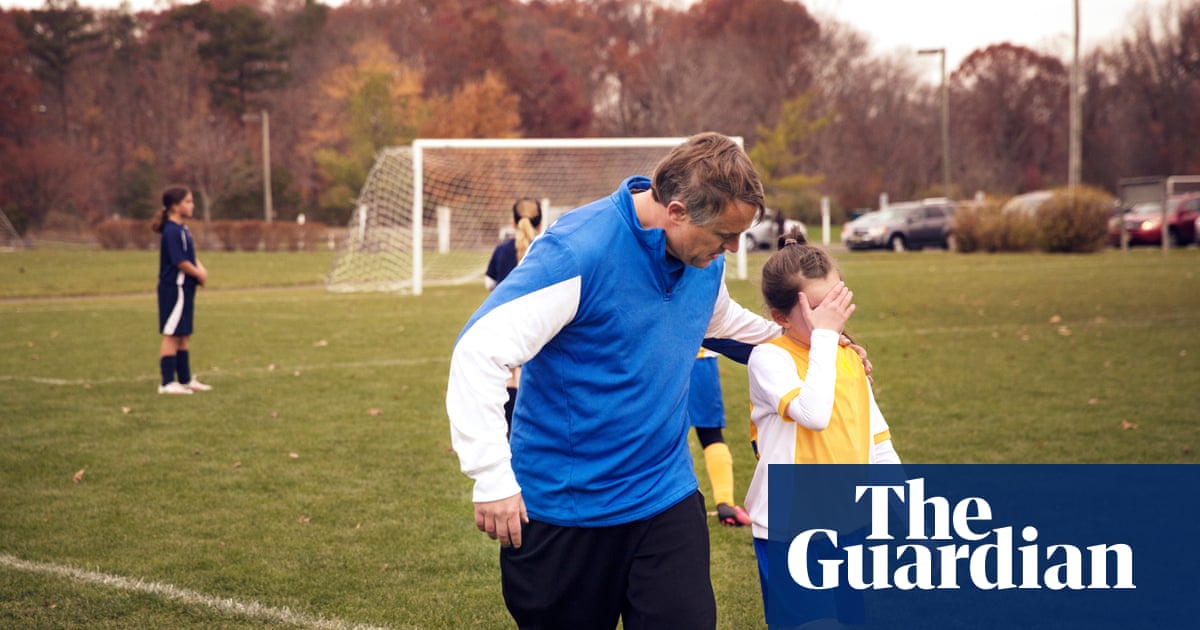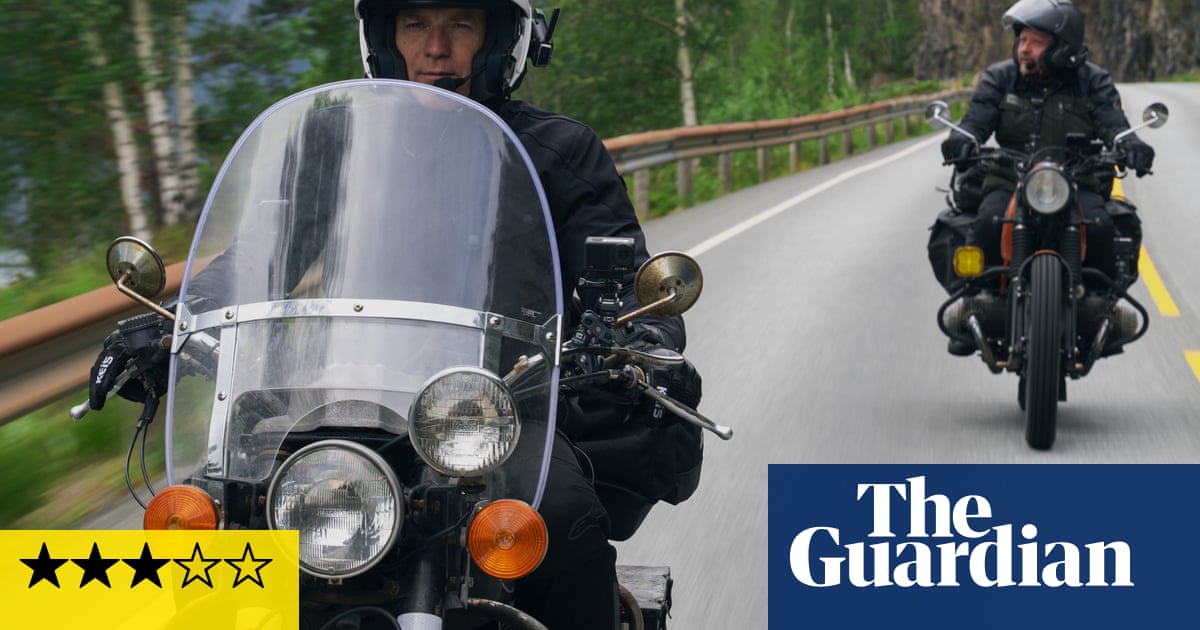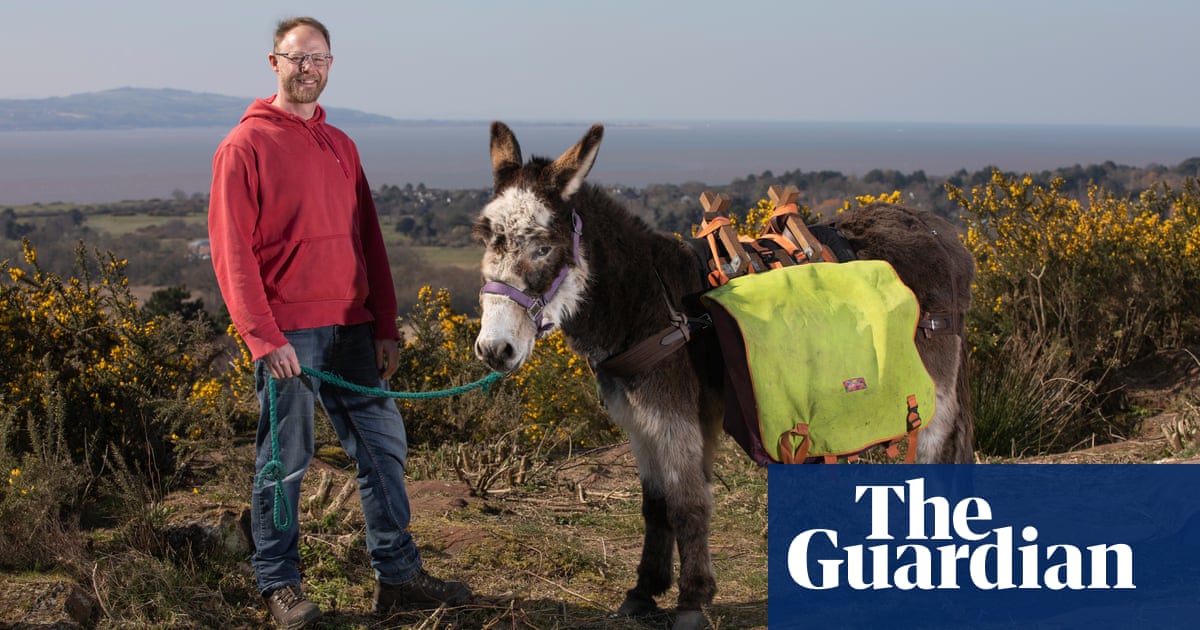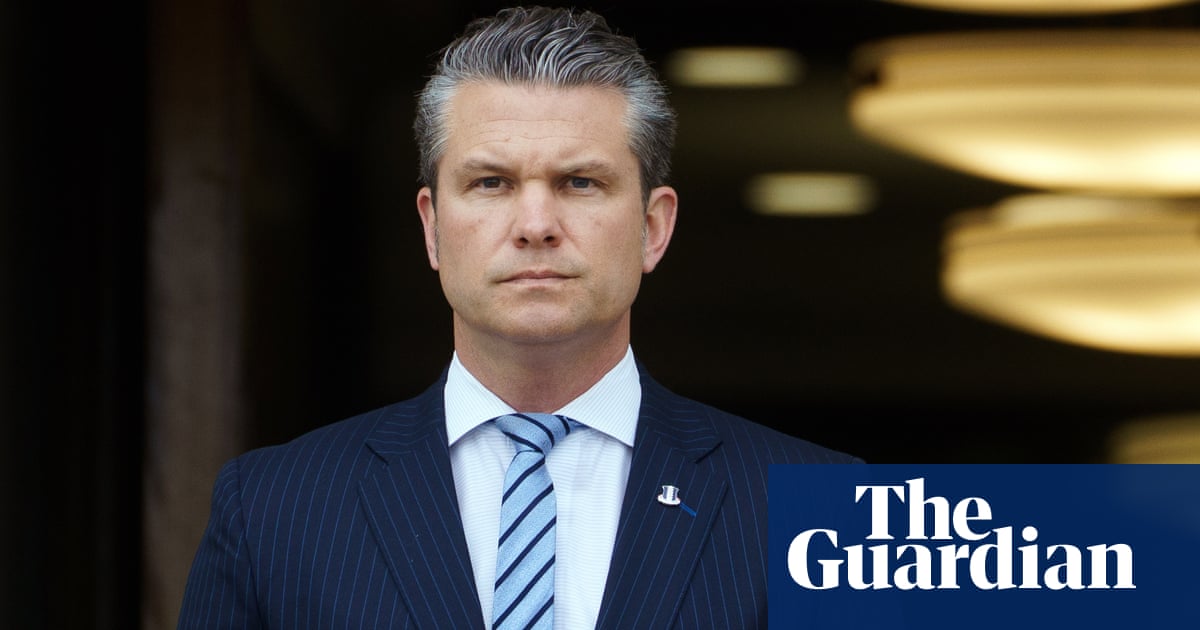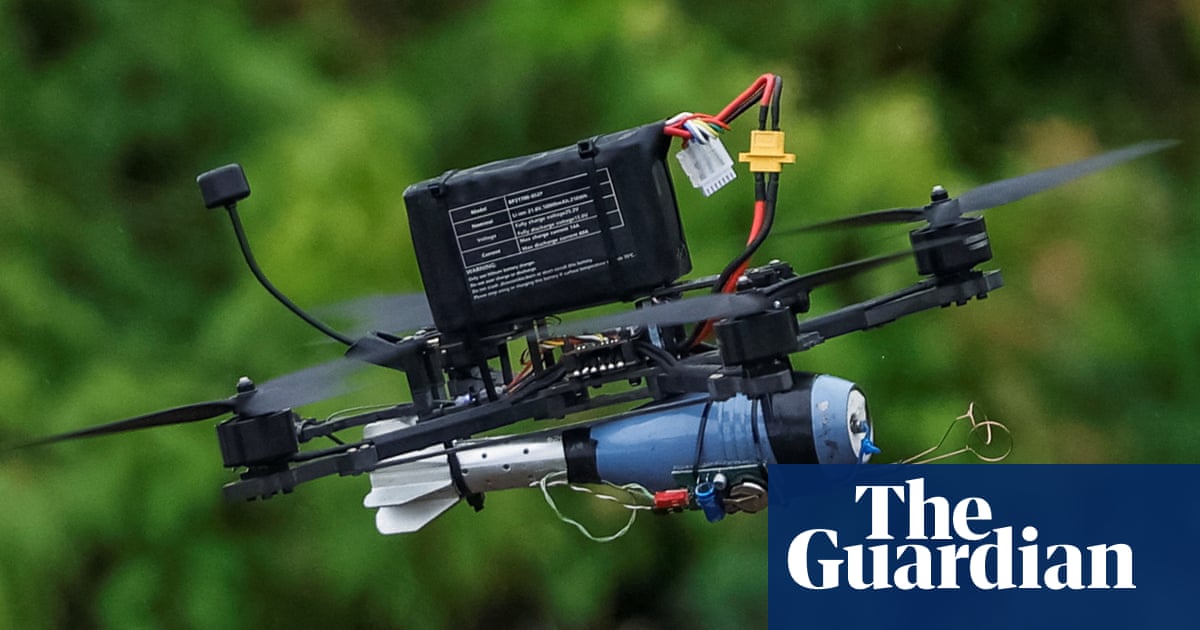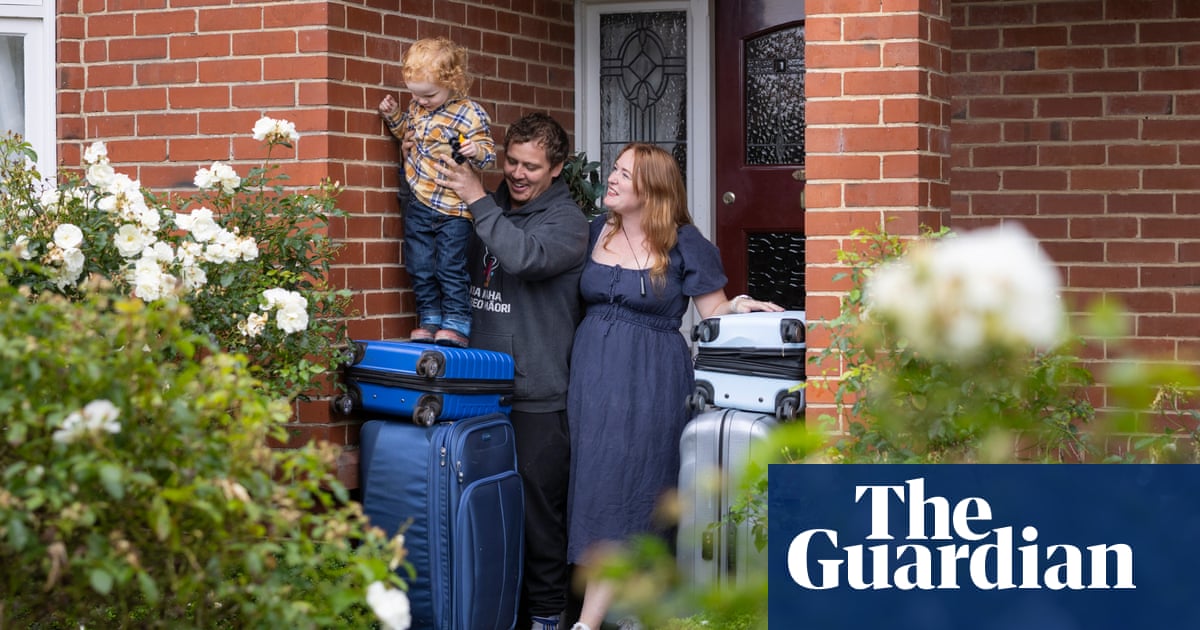There’s a pesky crisp wrapper half-sunk in the mud under brambles. Each time I secure it within the jaws of my litter-picker, another piece tears off. I persist, until all the fragments of coloured foil are in my bin liner. Then I move on.
I’m volunteering with a group at my local park. They perform a range of tasks, but today – my first time – we’re litter-picking. “Aren’t you good?” passersby say, as they walk through the park with their takeaway coffees. Or sometimes: “You’re fighting a losing battle there, love!”
When our bags are full, we gather for a break, in our fluorescent yellow gilets, drinking tea from flasks, munching apples and tutting over people hanging poo-bags on bushes when there are plenty of dog-waste bins. I arrived this morning on a knife-edge of anger and tears, but this simple, repetitive and collective act has soothed and distracted me from the perpetual doom-scroll of my mind.
It’s easy to assume that the best way to lift your spirits when you’re feeling down is to do something nice for yourself. A hot-stone massage, perhaps? An online shopping spree? However, research suggests that altruistic acts work better. In one study, participants were assigned actions that benefited either themselves, other individuals or the whole of humanity; those who acted in the interest of others experienced a boost in positive emotions and psychological wellbeing, while those who were tasked with treating themselves kindly did not.
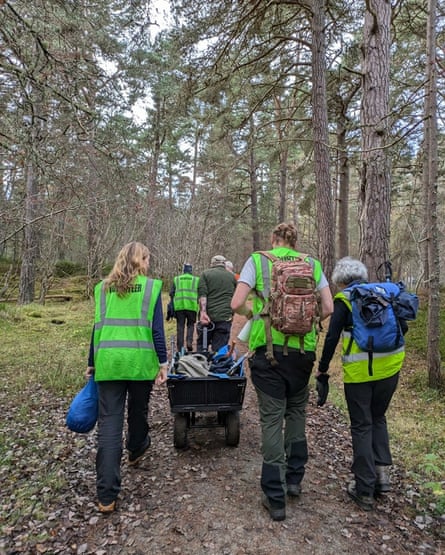
I did not know this when I signed up with the conservation group. Nor did I know that volunteering is associated with greater self-esteem and better self-reported health and life satisfaction, or that helping others activates your brain’s “reward” system.
What I did know was that I was feeling profoundly distressed about the ecological and climate crises. I was engulfed by hopelessness and helplessness, and I’d reached a point where, on reading that this glacier would have completely melted, or that species would be extinct, by such-and-such a date, I’d do the maths and think: “Good. I’ll be dead by then.”
It was the counsellor I was seeing who switched me on to the idea of volunteering. As I sobbed in front of my computer screen during one of our online sessions, mumbling about turtle doves (the bird most likely to be the next extinction in the UK), he said: “Do something.” He gave me three rules: make it simple, immediate and collaborative.
That’s how, a week later, I found myself in Victoria Park in Ashford, Kent, fishing old carrier bags out of the river. In subsequent sessions, our band of volunteers put up bat-boxes, created new paths, renovated the dried-out pond and surveyed for amphibians.
Psychologists call the mental boost from volunteering the “helper’s high”. And boy, did I get high.
Litter-picking turned out to be my gateway drug. I’d soon signed up to volunteer at a Sussex Wildlife Trust reserve as well, where we managed habitat for butterflies, built leaky dams and edged pathways with dead hedges.
I’ve not stopped since. Every time I volunteered, I would come home bolstered by the fresh air, the natural environment and the company – and, perhaps most of all, by having acted in accordance with what I valued and cared about. “Volunteers who have strong needs to express and to act on their personal values may be easiest to attract and to sustain,” state the authors of a paper entitled Understanding and Encouraging Volunteerism and Community Involvement.
I didn’t mind if the tasks we did were exhausting or repetitive. I was taking action. I was learning new skills – everything from how to use a saw properly, to how to distinguish between the song of a coal tit and that of a great tit. I felt part of something – something good.
That’s not to say I didn’t – and still don’t – sometimes wonder: are we really making a difference here? Or are we just making ourselves feel better? I remind myself of something Isabel Losada writes in her book The Joyful Environmentalist: “Don’t be discouraged by people saying your actions are just a drop in the ocean. What’s an ocean except millions upon millions of drops?”
That first foray into volunteering was four years ago. I’ve not stopped since. I used to think that people who volunteered regularly were either retired, or didn’t work for some other reason. But I soon learned that volunteers aren’t just people with time on their hands – they are people who make time for the things they care about.
I moved to the Scottish Highlands in September. Do-gooder that I am, I was soon looking for opportunities to roll up my sleeves. I’ve tried to volunteer somewhere every couple of weeks – an afternoon here, a Sunday there. It’s been a brilliant way to meet people, as well as helping me to get to know my new environment. I’ve mostly opted for conservation work – a tree nursery that’s helping to restore the lost forests of the Cairngorms, a wild-cat reintroduction project – but the other day, I helped out at the local parkrun.
“Thank you, marshal,” the runners said, one after another, as they passed me standing next to a large arrow pointing the correct way. You’d have to be fairly severely directionally challenged to go wrong here, but Aviemore parkrun always places a volunteer at this spot and the gratitude I received for being that day’s volunteer was humbling and uplifting.
Later, I reflected on a paradox: while it was my total despair with human beings that led me into volunteering, it’s the goodness and kindness that I’ve witnessed as I’ve worked alongside my fellow humans that have kept me coming. And I think fluorescent yellow is my colour.

.png) 3 months ago
34
3 months ago
34





